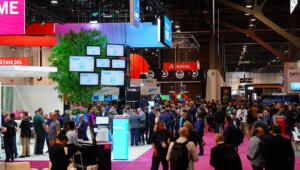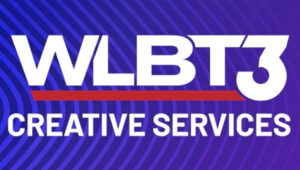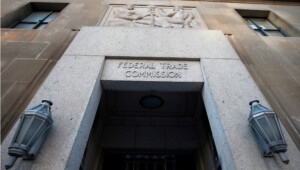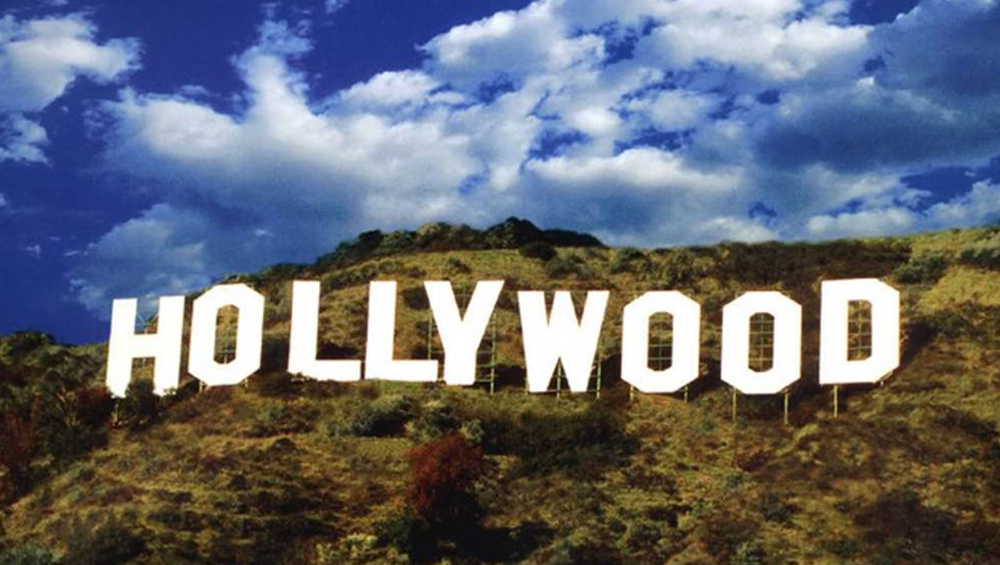
Top studios are about to put pressure on consumers with price increases to rival the more expensive cable bundles.
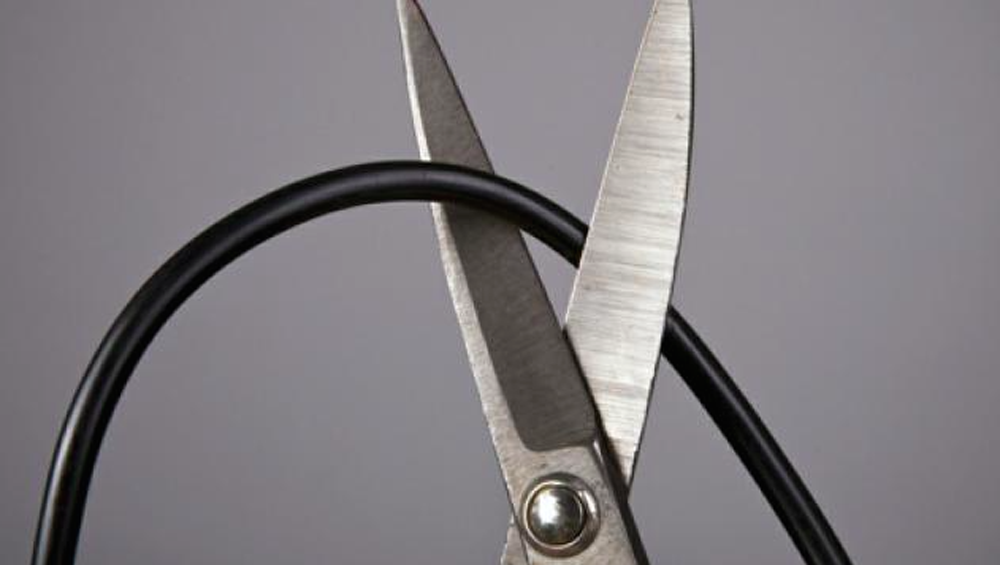
NBCUniversal, Disney and ViacomCBS, along with tech giants like Amazon, are shifting resources to snap up live programming from major leagues in a new arms race to fuel direct-to-consumer services.
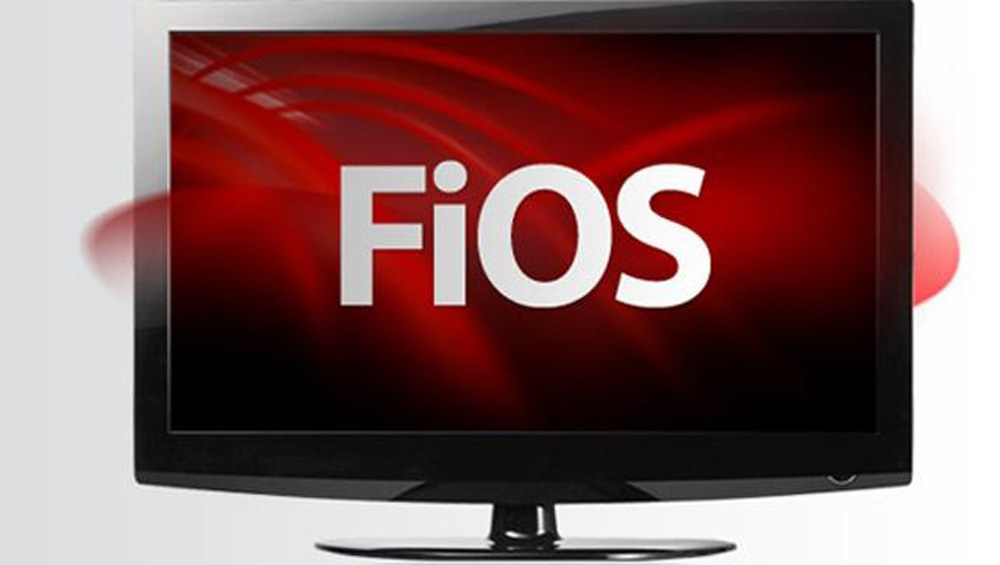
Verizon Communications is eliminating traditional cable bundles and the handcuffs that often came with them, making it easier for households to switch video packages in the hopes they won’t cut the cord entirely. It will allow Fios customers to select their home internet speeds and television packages separately, at preset rates. Rather than locking customers into one- or two-year contracts, customers will be able to change either service monthly, if they wish.
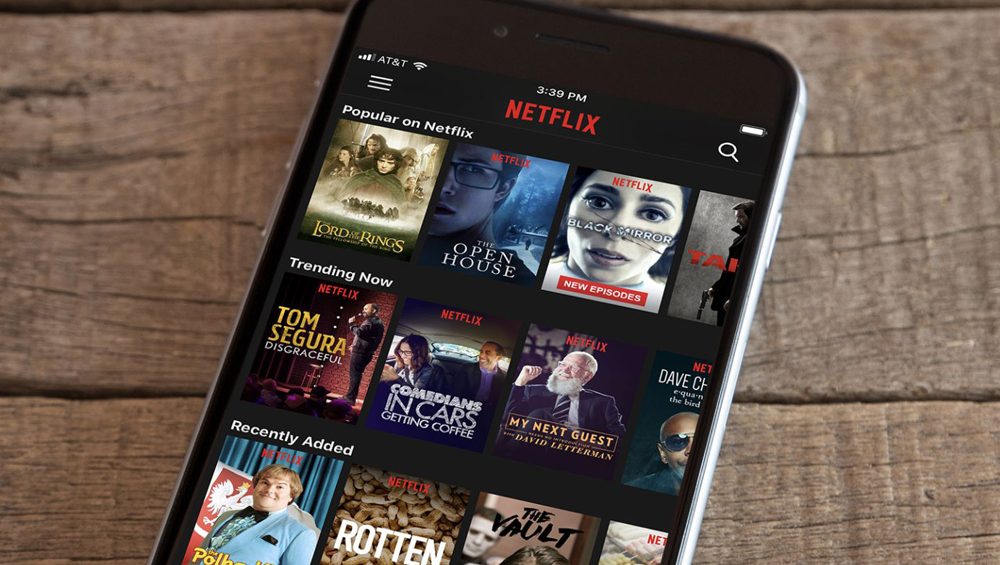
Cord-cutting was supposed to be a boon for cash-strapped millennials. But as the streaming video marketplace gets more crowded (Apple, Comcast and Disney are throwing their hats in the ring) and consumer costs rise (Netflix just hiked its price), the future is looking more like the past — and the traditional TV bundle could make a stealth comeback.
Insiders know the cable bundle, after generating more than $1.8 trillion, has been murdered. They don’t agree on the prime suspects.
An entertainment-only channel bundle priced around $10 has the potential to draw 4.6 million new subscribers into the pay-TV ecosystem, analyst firm MoffettNathanson says.


